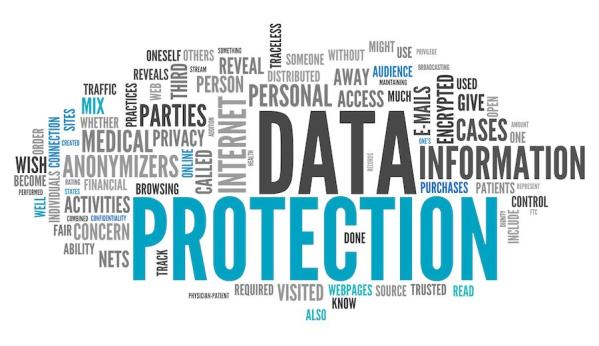I was really excited about my selection to participate in the 7th edition of the African School of Internet Governance which took place in the city of N’Djamena, Chad. The school hosted a diverse group of people from the African continent and outside the continent. The five-day training introduced fellows to a wide range of topics and discussions in the internet governance space. Not forgetting the Practicum, which is a practical adaption of multistakeholder discussion and dialogue on a salient issue. This year, fellows worked with the report of the UN Secretary General’s High-Level Panel… Read more
internet
Participar en la Escuela de Gobernanza de Internet de Africa (AfriSIG, por su sigla en inglés) significó para mí varios descubrimientos: que existiera una institución que durante siete años estuviera enseñando de manera organizada este tema complejo, fue la primera lección.
Lo que conocía de gobernanza de internet se debía a la asistencia a varios foros globales, regionales y nacionales sobre el tema. Contar con la posibilidad de aprender los muchos temas de una manera ordenada y coherente le da mucho más sentido a aprovechar aún más estos foros en los que las… Read more
When I was first accepted to join the African School on Internet Governance (AfriSIG), I thought that it would be a dense, academic course, with tech experts and policy makers coming together to discuss issues around internet governance. Coming from a non-tech, civil society background (my work is on curbing hate speech in Nigeria through online reporting and countering), I arrived at AfriSIG as a novice to the internet governance table. My perception was that internet governance is all about monitoring and governing content online with a focus on data… Read more
One of the ways the African School on Internet Governance (AfriSIG) equips leading African scholars and activists from diverse sectors, backgrounds and ages to participate in local and international internet governance structures is through a hands-on practicum. This practical exercise is intended to give AfriSIG fellows the chance to participate in multistakeholder decision-making, using available methods and processes in a realistic environment, while discussing an issue related to internet governance. This year, the practicum is focused on the topic of… Read more
This year’s African School on Internet Governance (AfriSIG) was preceded by a two-day skills training workshop, facilitated by the Internet Society, aimed to equip fellows with the skills to effectively participate in multistakeholder discussions.
Internet governance processes have adopted multistakeholderism as a model for effective dialogue and decision making at a national, regional and global level. A key principle of multistakeholder engagement is that, in order to reach a consensual decision, all stakeholders must be… Read more
Are you a current or potential leader in internet governance forums and debates in Africa?
Do you want to deepen your understanding of the “multistakeholder” approach to internet-related policy making?
Whether you are a policy maker, a researcher, a regulator, an engineer, a journalist, an entrepreneur or a gender equality and human rights defender – if you care about internet policy in Africa, AfriSIG is for you!
The Association for Progressive Communications (APC) and the African Union Commission are pleased to announce the call for applications for the sixth… Read more
The Forum on Internet Freedom in Africa 2017 (FIFAfrica17) brought together human rights defenders, journalists, government officials, private sector players, global information intermediaries, bloggers, developers, the arts community, law enforcers and regulators – all of whom have a role to play in advancing internet freedom in Africa.
As an organisation that has been promoting some of the key principles of the African Declaration on Internet Rights and Freedoms, the… Read more
Emilar Vushe is APC’s Africa Projects Coordinator of the Communications and Information Policy Programme. Prior to joining APC, she worked as a researcher both in Zimbabwe and South Africa, mainly focusing on public information rights and human rights. She is a graduate of the National University of Science and Technology (NUST) in Zimbabwe.
Participating in the second African Internet Governance School was incredibly useful – at a personal and professional level. Interacting with over 70 people from more than 50 countries is… Read more
APC interviewed Wellington Radu, Head of Programmes at Media Monitoring Africa, and a participant in the African School on Internet Governance, which took place between 21-26 November 2014 in Mauritius.
Wellington Radu is Head of Programmes at Media Monitoring Africa. He is interested in information and communication technologies, human rights and sustainable development.
APC: Why did you decide to join the African School on Internet Governance?
Wellington Radu: While the future… Read more







